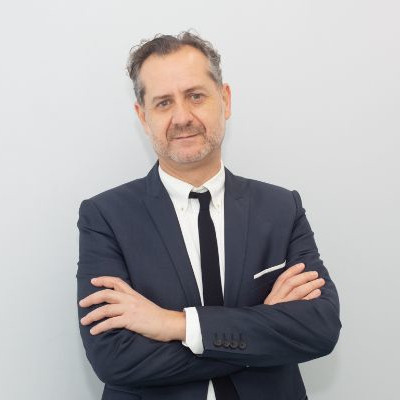Processes and dynamics involved in suicidal and non-suicidal self-injurious behaviors in adolescents

Despite the growing efforts to prevent suicide, suicide attempts and self-injurious behaviors are increasing, especially among young people. An ongoing challenge in current and future research is the analysis of the nature of self-injurious phenomena from an alternative and complementary perspective to the risk factors that have traditionally dominated research in this field. This symposium aims to bring together different works that analyze cognitive, emotional, behavioral, and social processes that may account for the changing, non-linear, and complex dynamics of self-injurious behaviors in adolescent populations. The analysis of non-linear processes and interactions is proposed, using methodologies that approach suicide and non-suicidal self-injury as complex systems that include elements of transition and non-linear dynamic feedback circuits between ideation, desire, and self-injurious action.
MIGUEL ÁNGEL CARRASCO ORTIZ
Miguel Ángel Carrasco Ortiz, PhD in Psychology and Master in Behavior Therapy, is Professor of Psychological Assessment at the Faculty of Psychology of the National University of Distance Education. His research and teaching activity has focused mainly on the clinical and expert field. He is also supervisor and director of the Applied Psychology Service of the UNED. More detailed information on his scientific productivity, as well as his teaching and clinical work can be found on his web page.












